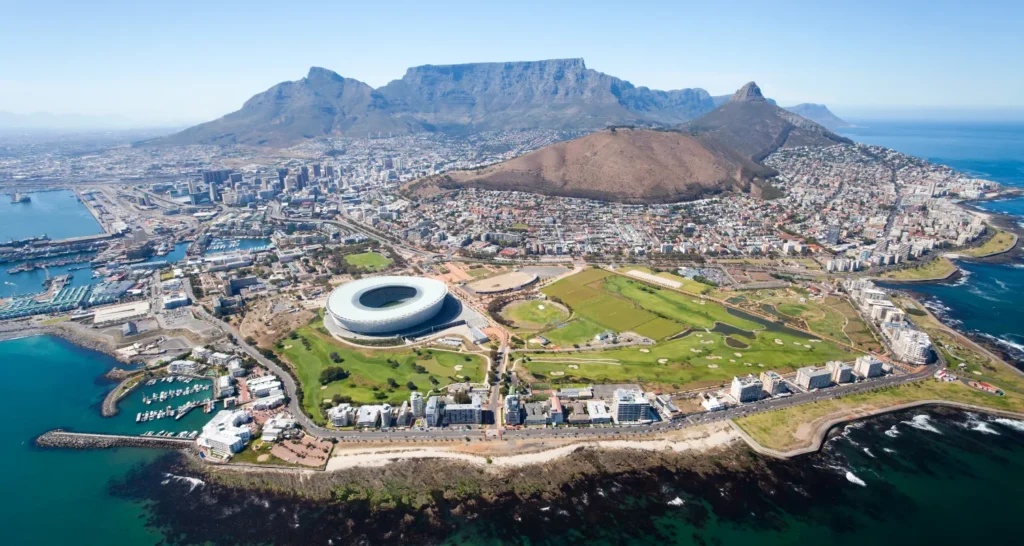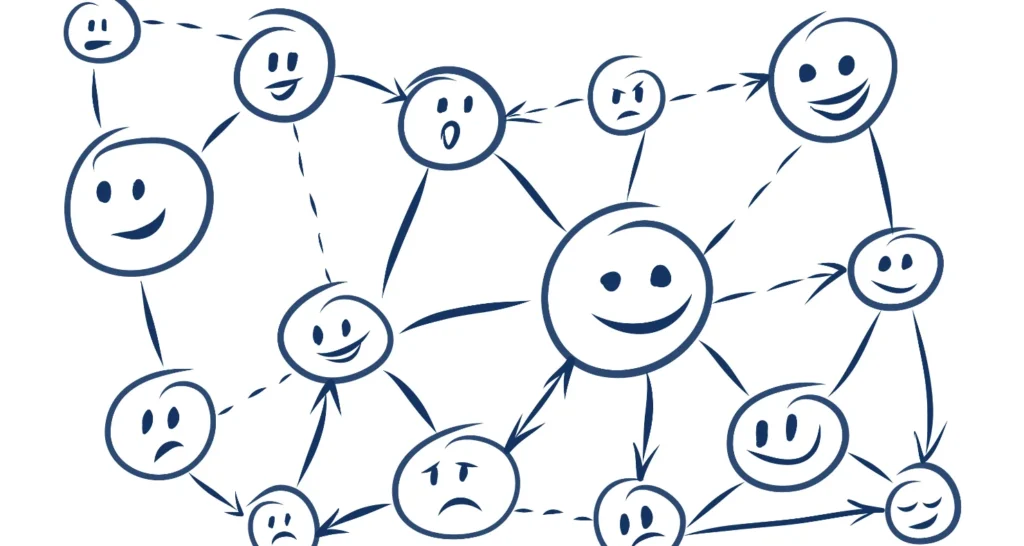The Internet of Things (IoT) technology promises to augment and improve current city services and infrastructure that are used daily by citizens. From the collection of garbage street lights to parking, the blend of IoT sensor-based technology together with the physical infrastructure and services of a city may simplify and improve the lives of its residents at a low cost to the city governments.
World-class cities gain their high stature because of various first-class infrastructures like having state-of-the-art airport facilities, local and international connectivity, public space, roads, and high-level public services. In smart cities, the availability of the appropriate IoT infrastructure for delivering IoT applications is essential. Within the public sector, the use of IoT technology allows governments to provide more value to individuals corporations, and citizens by improving their quality of life, decreasing business costs, and increasing efficiency. Various wireless technologies address the needs of IoT applications.
Developments in information technology (IT) solutions allow both private and public institutions to drastically advance the way they carry out their operations. Advanced analytics combined with other cutting-edge technologies are transforming the way public service agencies address citizen demands. Apart from security management and street lighting, video surveillance alongside weather intelligence systems provides a lot of accurate, meaningful data pulled from many urban systems that can be turned into valuable information and state-of-the-art services for citizens.
For a long time, Information and communication technologies have been considered to be a miracle cure for many problems. When implemented correctly, these technologies could enhance growth, promote efficiency, and enhance the accessibility and quality of government services. The development and application of eGovernment are particularly interesting. The notion entails the use of ICT to enable eGovernment to provide more efficient governance, capacity building, knowledge sharing, and justifiable development.
As international competition intensifies, city governments are increasingly working to make sure their citizens have a high quality of life and make their cities attractive destinations for talent and jobs. The quality of services provided by cities plays an essential role in making a city desirable for both living in and working in.
Automatization trends and IoT in municipal services
The notion of smart cities has advanced from the initial focus on network and technology-enabled services in urban centers and the Internet of things (IoT) to big data-based and digital empowerment urban governance. In smart cities, automation is evident from “smart parking” that enables drivers to reserve parking spots, to “smart water management” applications, where IoT helps utilities monitor water, flows as a way of detecting water leaks, ruptured pipes, and water shortage, to ”smart buildings” that can measure and validate energy efficiency in green buildings. The incorporation of wireless sensor technology, internet and infrastructure, and services offers cities the opportunity to deliver greater public value while at the same time safeguarding the environment.
I see smart cities combining social and environmental benefits offered by digital technology. These make a city’s infrastructure more efficient and resilient or even develop new commercial services, like Airbnb and Uber. Public service in smart cities entails ensuring digital infrastructure is accessible to the residents of the city such that individuals and businesses can use them. There is no doubt, that cities need to begin doing things differently because the challenges cities face in this century are unlike any other in the past.
Today, e-government functionality is gaining traction thanks to the fast development of city portals, information systems, and interactive services that allow residents to remotely track progress and results associated with administrative processes, send applications electronically and even receive notifications about their status. The development of e-government functionality allows individuals and organizations to utilize public information systems, portals, and services promptly and efficiently. Connected cars, eased congestion in the streets and avenues in large towns, clean air, and e-healthcare are going to be simple everyday things in the future because of the Internet of Things technologies. The concept of the Internet of Things is a core of the city economy.
Some actual problems of the municipality
World cities are overflowing, civic resources are coming under pressure, and crime to the police is harder than ever before. Currently, most video surveillance technology is not effective. Police investigations are hindered by blind spots in video footage and low-quality images. In addition, data storage and retrieval issues are an indication that incident data may not find its way to command staff leading to data loss, which may derail the investigations.
Cities are progressively looking for their service providers to deliver social and environmental benefits to their citizens. Also, cities are forming partnerships on smart cities with communities that transcend energy, transport, and ICT in trying to bring various stakeholders together and even connect demand to supply.
Criticism & Controversies of IoT in the hands of municipal services providers
Although larger and internationally connected cities are ahead of the smart city park, these represent a tiny proportion of cities. Most cities and towns in the Global South haven’t considered smart city ideas and models. Also, local government institutions are weak and the leadership capacity is fragmented and ill-developed.













